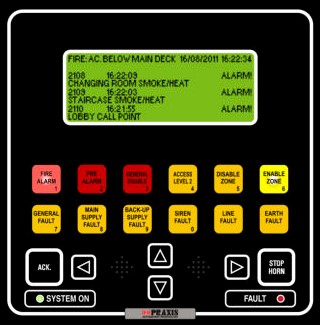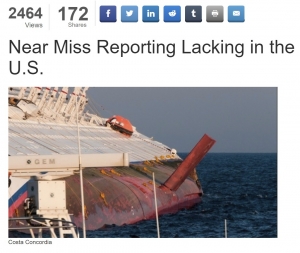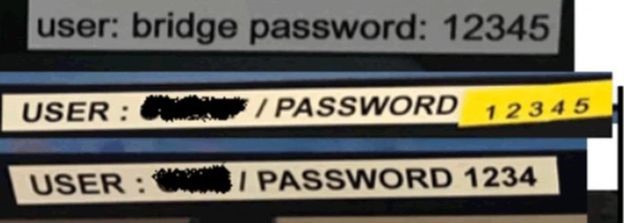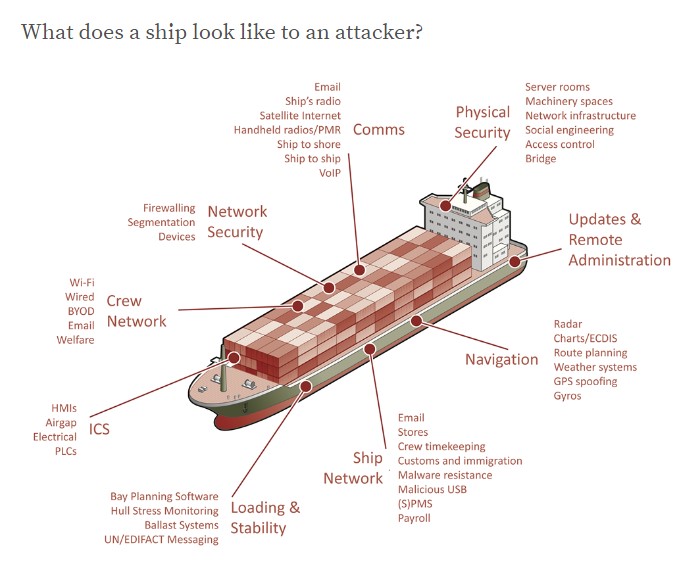Hence, the industry is short of actuarial data with which to make risk-based decisions on cyber matters.
Your organisation and your vessels will be hacked in some form at some point. If you are well prepared, then the damage will probably be minimal; an irritation.
If you are not well prepared, it will be an expensive exercise, possibly business-limiting
Every single organisation of the thousands the writers of this book have dealt with has had some form of a hacking incident over the years.
Some involved data loss, ransom or corruption, others involved theft of monies or technical equipment, other theft of intellectual property.
“I have seen businesses go bust as a result of a hack, I have seen others brush off incidents as they were well prepared. Those who state that they have never been hacked, in my experience, simply don’t have the expertise or systems in place to know whether or not they had been.”
Ken Munro of PenTestPartners
.
*Above: Non reported near-misses is a well-documented issue in the wider Maritime Industry. Source of above image: www.Maritime-Executive.com







